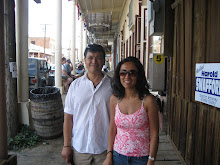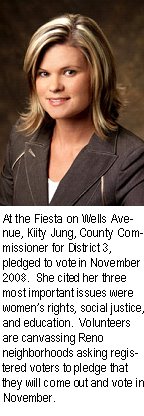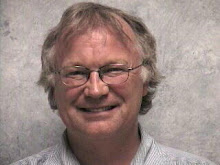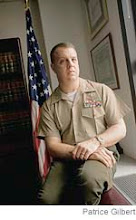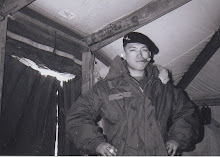Orenburg, Russia. In the summer of 2008, a delegation of Russian doctors and social workers traveled to Reno, Nevada, for training in community-based health and social services as part of a Community Connections program under USAID. The delegation was in Reno to exchange ideas and best practices in the treatment and prevention of infectious diseases and specifically AIDS/HIV. Two of the participants, Dr. Oksana Porshina and Alfia Arkhipova, took their lessons to heart. Both ladies were high lighted by USAID as living "success stories."
Ms. Arkhipova, Director of the Gai City Administration’s Office for Social Support of Families and Children, developed the program to provide children and their parents the psychological, social and medical support they need to start school. The program also offers assistance in coping with the myriad challenges of living with HIV. Born of Ms. Arkhipava’s experience during the Community Connections exchange, the one-year initiative, First Time First Grade, was first discussed at a meeting with the regional Social Protection Department, medical professionals and members of the Commission on Youth Issues and Protection of the Rights of Minors, who enthusiastically endorsed the project. First Time First Grade subsequently attracted partners from the Social Protection Department, the Children’s Hospital and the City Department of Education. Ms. Arkhipova believes her experiences in the US will enable her to continue helping children with HIV integrate into society.
program to provide children and their parents the psychological, social and medical support they need to start school. The program also offers assistance in coping with the myriad challenges of living with HIV. Born of Ms. Arkhipava’s experience during the Community Connections exchange, the one-year initiative, First Time First Grade, was first discussed at a meeting with the regional Social Protection Department, medical professionals and members of the Commission on Youth Issues and Protection of the Rights of Minors, who enthusiastically endorsed the project. First Time First Grade subsequently attracted partners from the Social Protection Department, the Children’s Hospital and the City Department of Education. Ms. Arkhipova believes her experiences in the US will enable her to continue helping children with HIV integrate into society.
Dr. Porshina’s Community Connections exchange experience in Reno, NV has greatly enhanced her work with commercial sex workers in Orenburg by demonstrating practical methods for supporting uninsured patients. As Director of the Primary Prevention Department at the Orenburg State Clinic for Skin and Venereal Diseases, Ms. Porshina incorporated elements of a program run by US hospitals and health centers into activities to prevent the spread of HIV and STDs among commercial sex workers. In Reno, Dr. Porshina met the 
Ms. Porshina notes that the most valuable result of incorporating the new methods is that commercial sex workers have begun to take more responsibility for their health. Doctor appointments ceased being one-time occurrences but rather included additional appointments and attempts to adhere to the medical worker’s prescriptions.
These articles were originally published in the USAID's website and republished by Joaquin Rafael Roces for the NNIC in their Newsletter.


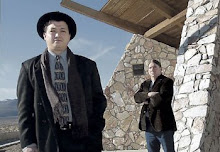



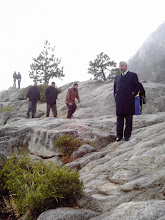+of+2-27-2007-040.jpg)


